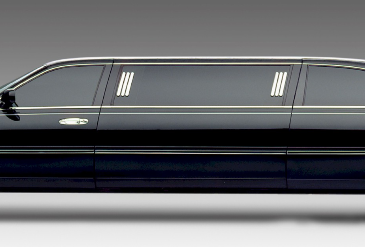
Caster wheels – those unsung heroes that keep things mobile! While they might seem like a simple choice, selecting the right caster wheels is crucial for the smooth operation and longevity of your equipment. This article empowers you, the manufacturer, industrial designer, or facility manager, to navigate the world of caster wheels. We’ll equip you with the knowledge to assess your needs, explore different wheel types and materials, and ultimately find the perfect caster wheels to keep your operation rolling efficiently.
Beyond the Wheel: A Diverse Landscape of Caster Options
Caster wheels offer more than just mobility. Here’s a breakdown of some key components to consider:
- Wheel Type:
- Solid Rubber: These offer a good balance of durability and affordability, suitable for most indoor applications on smooth surfaces.
- Polyurethane: Offering quieter operation and superior floor protection than solid rubber, polyurethane wheels are ideal for sensitive floors or high-traffic areas.
- Pneumatic: These air-filled wheels provide excellent shock absorption and manoeuvrability on uneven surfaces, making them suitable for carts or equipment used outdoors.
- Swivel vs. Rigid:
- Swivel Casters: Allow 360-degree rotation for maximum manoeuvrability, perfect for carts and equipment requiring frequent direction changes.
- Rigid Casters: Move in a straight line, providing better stability for heavy loads or applications requiring directional control.
- Capacity: Choose wheels with a load capacity that exceeds the weight of your equipment when fully loaded.
Beyond Mobility: Factors to Consider When Choosing Caster Wheels
The ideal caster wheels will depend on your specific application:
- Floor Type: Consider the surface on which your equipment will operate. Solid rubber or polyurethane wheels work well on smooth floors, while pneumatic wheels are better suited for uneven surfaces.
- Environment: For wet or oily environments, choose wheels with corrosion-resistant materials like stainless steel. High-temperature environments might necessitate heat-resistant wheels.
- Noise Considerations: Polyurethane wheels offer quieter operation than solid rubber, which is crucial for noise-sensitive environments.
- Oil Field Pipe Coating: While not directly related to caster wheels, oil field pipe coating might be a relevant consideration if your facility handles oily materials. Partnering with a supplier who understands both caster wheels and industrial coatings can ensure a comprehensive solution for your specific needs.
Matching Your Needs with the Perfect Caster Wheel
Finding the caster wheels that perfectly suit your application requires careful consideration:
- Application Analysis: Analyze how your equipment will be used – the weight it will carry, the environment it will operate in, and the type of floor surface it will encounter.
- Safety First: Always prioritize safety by choosing wheels with a sufficient load capacity and appropriate braking mechanisms if needed.
- Maintenance: Consider factors like ease of cleaning and potential replacement needs. Some wheels, like sealed ball bearings, require minimal maintenance compared to others.
Conclusion
Choosing the right caster wheels is an investment in your equipment’s smooth operation and efficiency. By understanding the diverse options available, prioritizing functionality based on your specific needs, and carefully considering all factors, you can find the perfect caster wheels to keep your project or facility rolling smoothly for years to come. So, don’t underestimate the power of these unsung heroes – caster wheels are the silent partners that keep your world moving!




